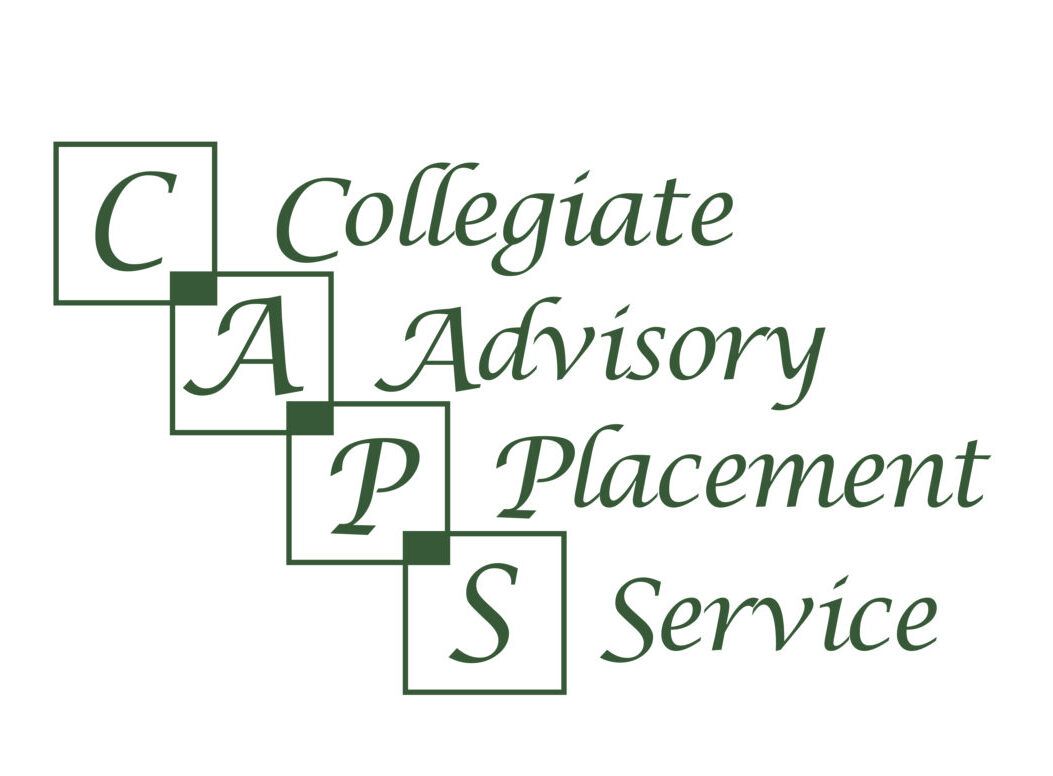Summer programs are an invaluable prelude to college life
Sponsored by
Academic summer programs can serve as an invaluable prelude to the college experience. The length of the program really doesn’t matter – even a one-week program can provide a student with some much-needed clarity and give them a jump start on the college experience.
“Spending just a week in a summer program can have immeasurable benefits,” says Nancy Cadwallader at Collegiate Advisory Placement Service LLC. Cadwallader has been with the CAPS team since its founding in 1984. In her role, she identifies a student’s goals and ambitions, then maps a path for making it happen. “Beginning as early as the freshman and sophomore years in high school, but no later than the junior or senior years, college-bound students should consider enrolling in one or more programs,” she says.

Summer programs are available at both public and private institutions and can benefit a student in a variety of ways:
Acclimating to College Life
Attending a summer program can help a prospective student become acclimated to the college environment, in advance of actually being enrolled there. It also provides them with their first taste of independence.
In the process, a student learns valuable time-management skills as they are exposed to college-level class schedules, course loads and teaching styles. It can also provide them with their first opportunity to share a room with another student. “Out-of-town or out-of-state programs are best,” she adds. “They can prepare a student for being away from home.”
Clarifying a Major
Many high school students have yet to settle on a major, and a reputable and appropriate summer program can help bring them clarity around future goals. “For example, there are colleges that have wonderful one-week engineering programs that will enable a student to get a taste of what engineering is all about,” she adds. “There are also some wonderful architecture, writing, international relations programs etc., among a number of others.”
In the end, if the curriculum isn’t what they thought it might be, they’ve only lost a week rather than an entire semester. “You can generally tell quickly if the curriculum is a good fit or not,” Cadwallader says.

Enhancing a Portfolio
Students who have proactively completed one or more summer programs are naturally going to rise to the top during the awarding of scholarships and the acceptance process.
“You might even get a scholarship or application recommendation from a professor you met during the program,” she adds. “One student of mine attended a summer program and his professor allowed him to begin doing research while he was still in high school. That improved his access to scholarship opportunities and put him a huge step ahead of other students.”
Earning Credit
Other summer programs might even help students make up missing high school credits. “There is a fabulous program where a student can get an entire year of foreign language credit,” Cadwallader says. “It’s an immersive experience in that language, where they live in a village and speak that language.”
A word of warning, however: “You need to make sure that the college you’re wanting to attend will accept the credit. Typically, they will if it’s a reputable, well-established program.”
Make Sure it’s Worthwhile
At CAPS, Cadwallader determines which summer program experience is the best match for the student. That can vary significantly depending upon individual goals and personalities. “I want to make sure the student is compatible with the student body,” she adds. “There are some questions I ask along the way, such as ‘Will they be performing tasks (during the summer program) that are beneficial to their goals? Where will they be living? What is the cost?’
“Ultimately, it’s important that there is some value gained from the experience.”













